Adjustable Stand for Round Tray Black
95.00€
This sturdy metal Adjustable Stand is to be used with our Black Round Tray, a staple resource for any learning environment. The adjustable stand can be set at different heights, making it ideal for children of different ages, a range of activities and facilitating open-ended play.
It’s easy to assemble, disassemble and pack away along with the tray, so you can most definitely use it to support numerous areas of learning, including imaginative play, sand, water, messy play, and so much more.
• Available in black
• Great for indoor or outdoor use
• Lightweight and easy to move from one location to another
• Easy to set up, take apart and store away when not in use
Tray NOT included and it is sold separately.
Low height: 51cm
Medium height: 61cm
Full height: 71cm
What is Messy Play ?
Messy play is an approach to early childhood education and sensory exploration that encourages children to engage in open-ended, hands-on activities involving various materials that can be messy or tactile in nature. It is often used in preschools, daycare centers, and at home as a way to stimulate children’s senses, promote creativity, and support their overall development.
In messy play, children are given opportunities to explore and manipulate different materials such as water, sand, paint, clay, mud, shaving foam, and various textures like rice or pasta. They are encouraged to touch, feel, squeeze, squish, pour, and experiment with these materials using their hands or sometimes with simple tools like spoons or brushes. This sensory-rich experience allows children to engage their senses of touch, sight, smell, and sometimes even taste, depending on the materials used.
Messy play is considered beneficial for children’s development in several ways:
- Sensory development: Engaging in messy play helps children explore different textures, temperatures, and consistencies, which stimulates their senses and promotes sensory integration.
- Fine motor skills: Manipulating and exploring materials with their hands and fingers helps children develop their fine motor skills, coordination, and hand-eye coordination.
- Creativity and imagination: Messy play encourages children to use their imagination and creativity as they explore and experiment with the materials. They can create their own narratives, make shapes, patterns, or even mix different materials to discover new textures or colors.
- Cognitive development: Through messy play, children learn about cause and effect, problem-solving, and basic scientific concepts. They can observe how materials change when mixed or combined, and they can make predictions and draw conclusions based on their observations.
- Emotional and social development: Messy play provides opportunities for children to express themselves, develop self-confidence, and regulate their emotions. It can also be a social activity when children engage in messy play with their peers, fostering cooperation, sharing, and communication skills.
When engaging in messy play, it’s important to ensure the materials used are safe and non-toxic. Supervision is also essential to maintain a safe environment and guide children in their exploration.
Round Tray Black is NOT included and it is sold separately.
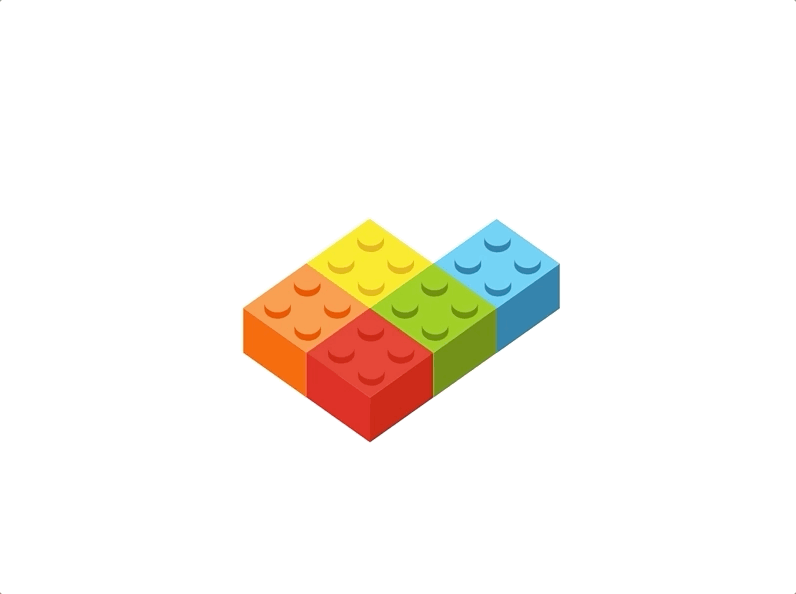
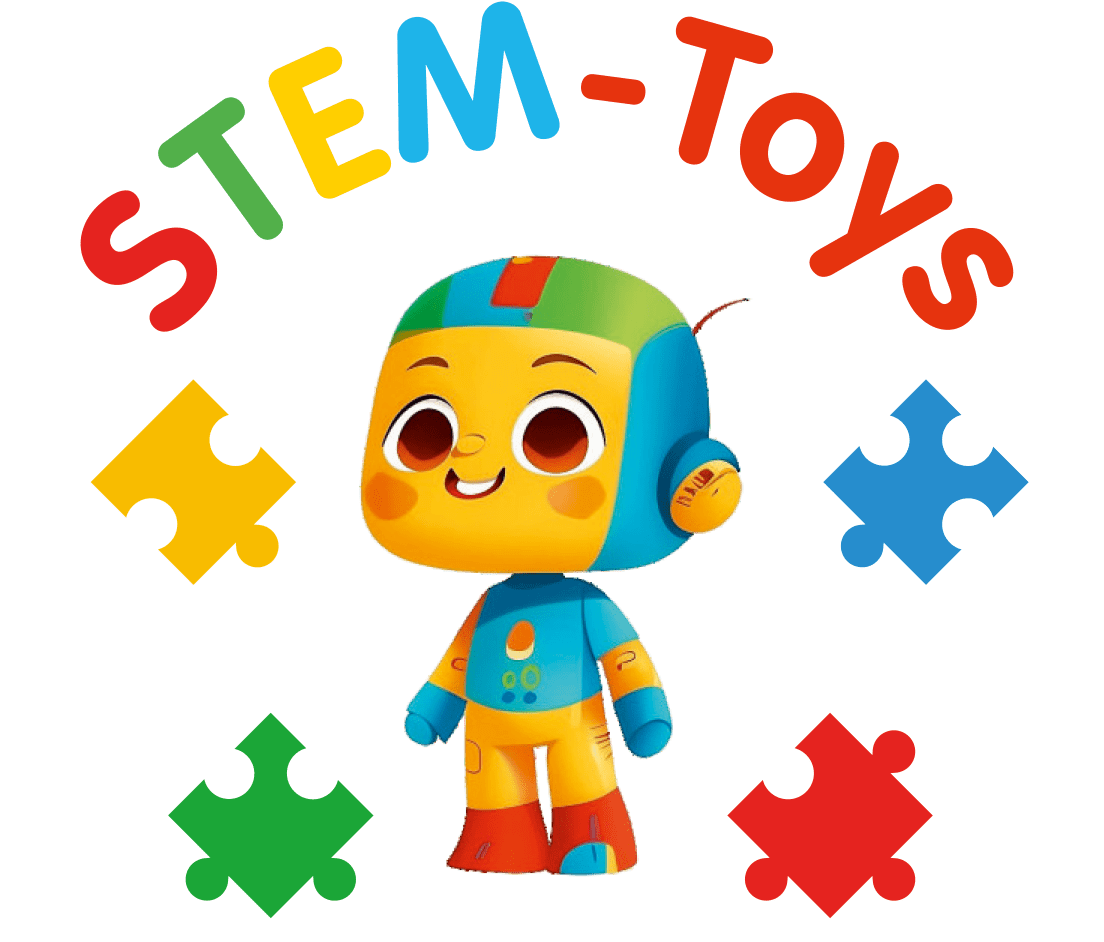
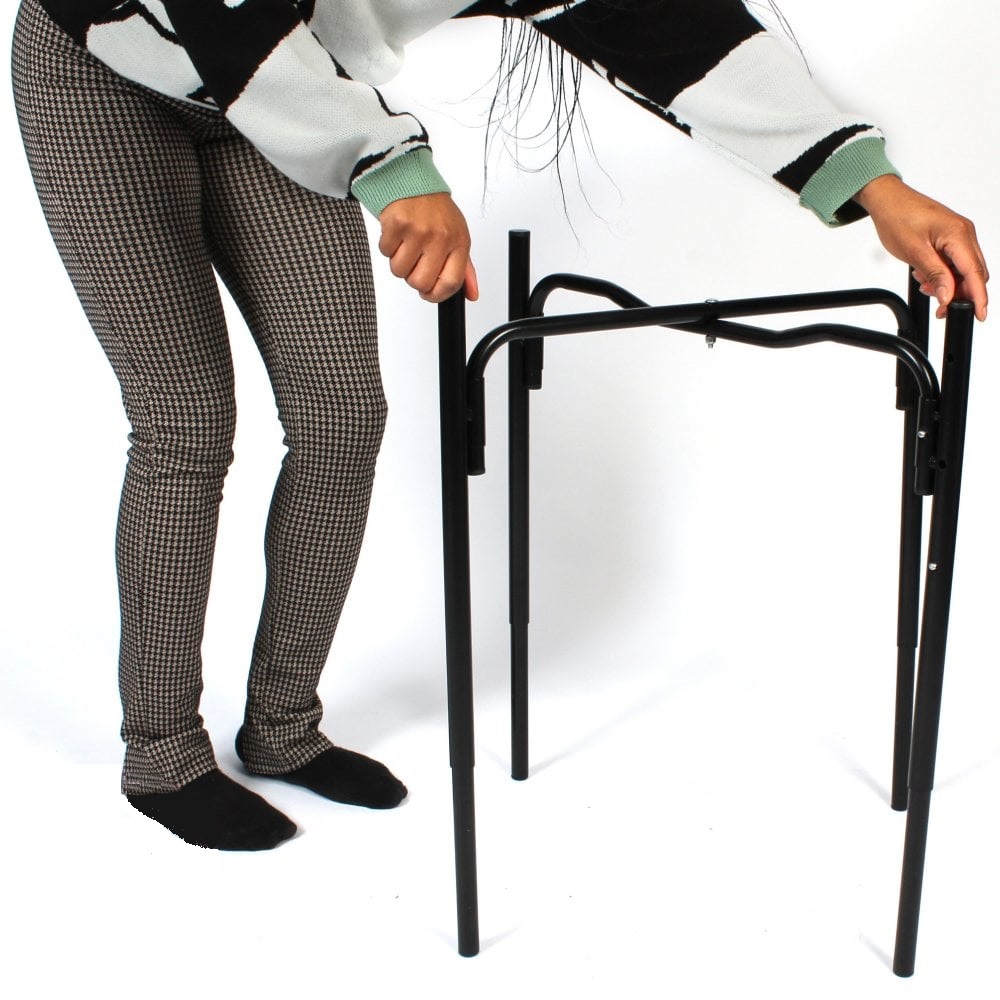
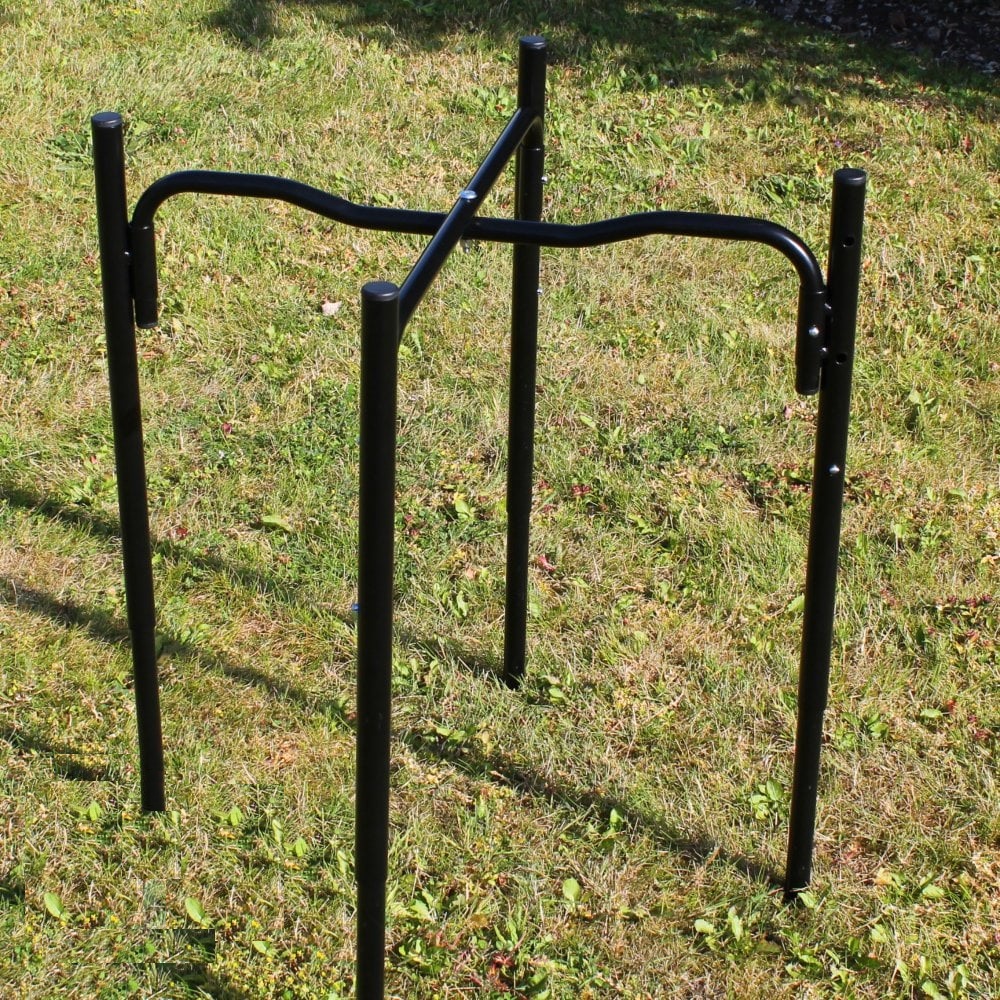
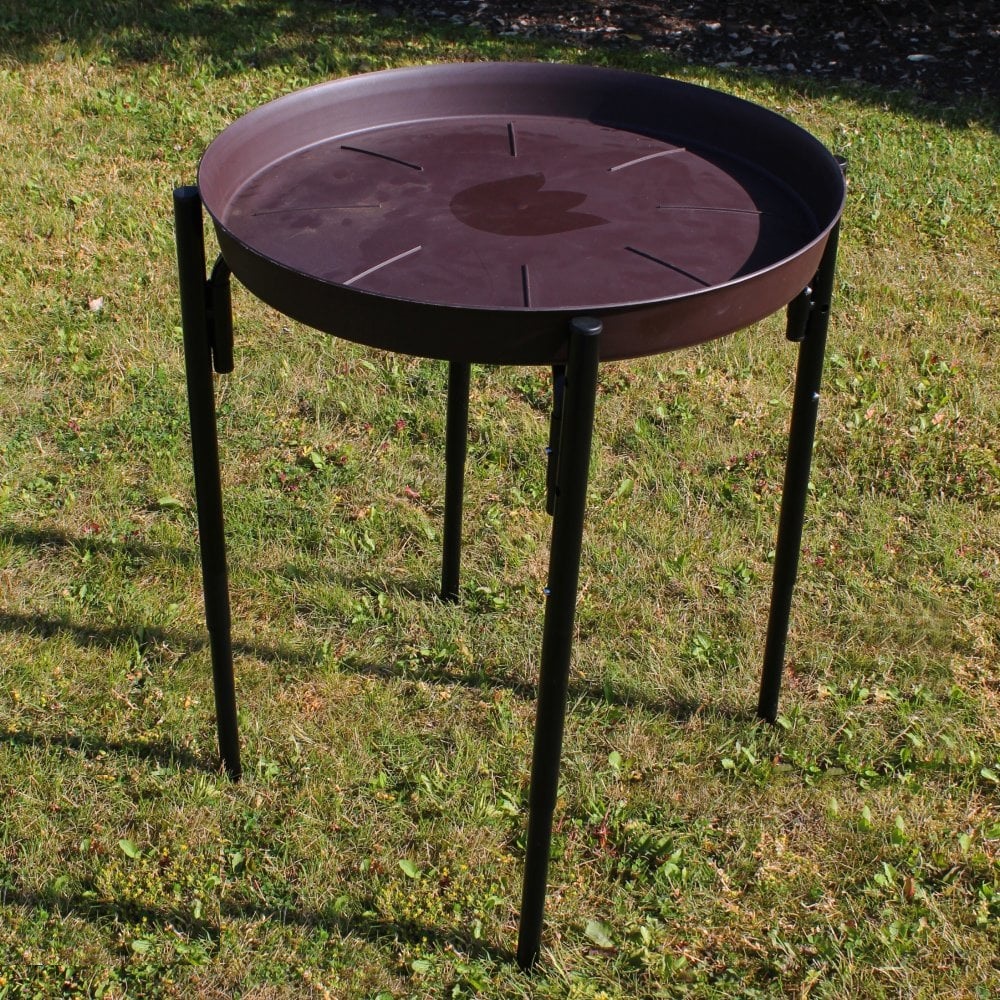
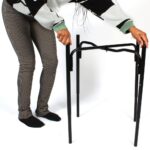
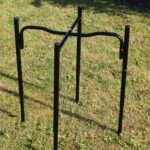
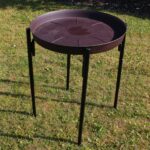
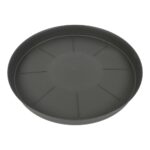
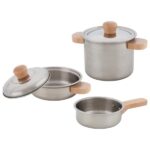
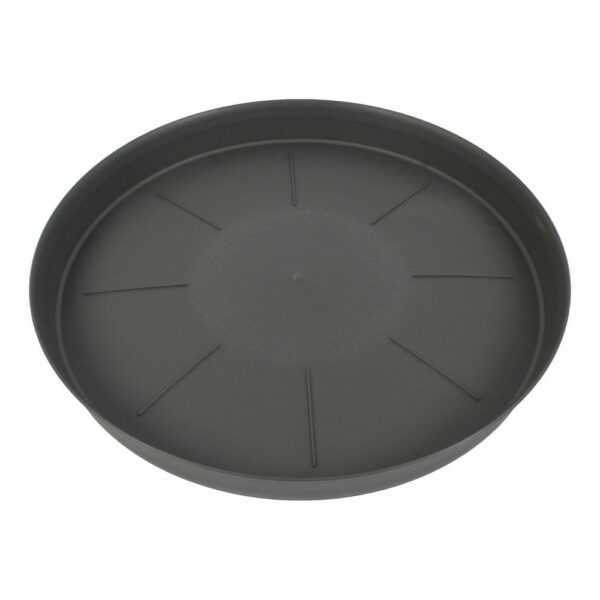
 STEMATHLON
STEMATHLON